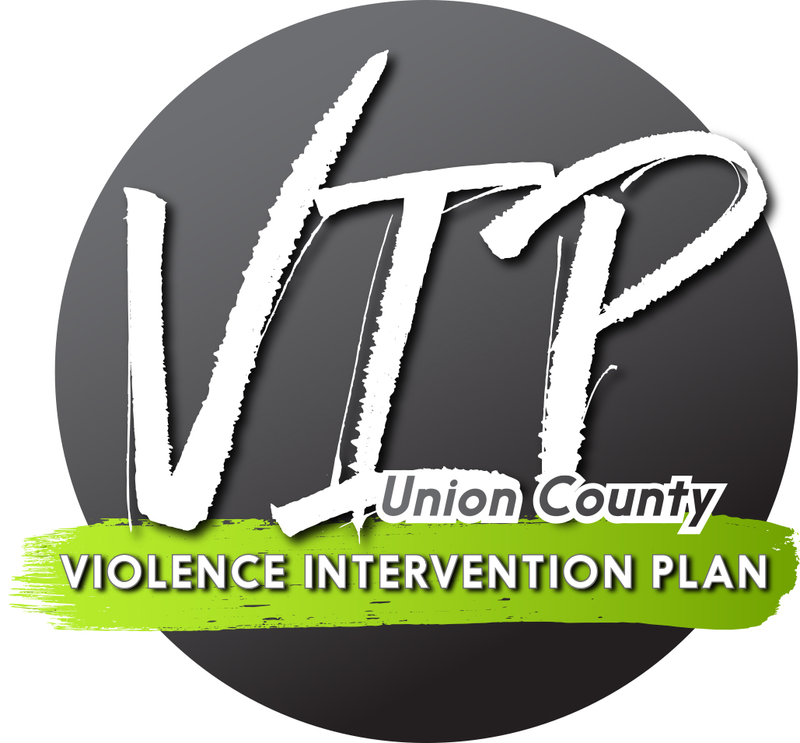By Brittany Williams
Staff Writer
Editor’s note: This is the third in a 10-part series looking at the agencies that were awarded grant funds by the SHARE Foundation as the first partners in the new Violence Intervention Plan. Each installment, which runs on Wednesdays and Sundays through the end of March, looks at a different agency, what was funded by the grant and how it will help address crime and violence in the community.
The South Arkansas Children’s Coalition (SACC) will use a SHARE Foundation grant to hire a part-time mental health professional that’ll provide trauma-focused therapy.
SACC is a nonprofit that oversees the 13th Judicial District South Court Appointed Special Advocates and the Children’s Advocacy Center of South Arkansas, which opened last January. The mental health professional would work at the advocacy center, where “children who may have been abused … tell their story and get the help they need to begin the healing process,” director Robin Krneta wrote in the organization’s proposal.
Over 60 percent of the 52,240 reports of child abuse and neglect were referred for investigation in 2015. Of the 9,204 victims, over 55 percent were neglected, 22 percent were physically abused and over 20 percent were sexually abused, according to stats compiled by the Child Welfare League of America.
Last year the advocacy center saw over 75 children and because its case load is growing, the facility needs to hire a second therapist, she said.
Krneta said, “There are a lot of children that there are investigations on in this county. That’s why it’s increasing … I think people are not aware of just how prevalent this type of abuse is, but it is.”
When a report is made to local law enforcement, state police or the division of children and family services, authorities make a referral to the advocacy center for a child to receive services that are no cost to the family, the director said.
“If you don’t have an advocacy center, normally what will happen is … the child is telling their story several times and going to different places to tell it. Sometimes, by the mere setting, it’s not the best place for a child, like the police department. The police department is not child-friendly so with an advocacy center,” Krneta said. “What should happen ideally is there’s a disclosure or allegation, a hot line call is made, the child will be brought here, have the interview done here, if there’s a medical exam (or) therapy. An advocate works with the family so that the child is not telling that story over and over again because every time they tell it it’s traumatic for them.”
SHARE’s Violence Intervention Plan focuses on two areas, community involvement and family support, according to a previous News-Times report. Board member Michael Donnella said trauma-focused cognitive behavioral therapy (TF-CBT) was an effective treatment for sexually or abused children.
According to an American Psychiatric Association study, social service agencies refer children to TF-CBT “because of concerns about the caregiver’s capacity to provide care and safety, making full implementation of the caregiver components a challenge.”
TF-CBT is “a psychosocial treatment model designed to treat post-traumatic stress and related emotional and behavioral problems in children and adolescents ages 3 to 18 years (old),” according to the Substance Abuse and Mental Health Services Administration.
“(It) helps children process and deal with the trauma that they’ve been through,” Krneta said. “Not to blame everything on abuse but children who have been physically and sexually abused are more likely to offend. They’re more likely to have issues with drugs and alcohol, so these early interventions help prevent it that. That’s the goal to prevent that.”
The treatment uses the PRACTICE model that incorporates psychoeducation and parenting skills; relaxation skills, affective expression and modulation skills; cognitive coping and processing skills; trauma narration and processing; in vivo mastery of trauma reminders, conjoint child-parent sessions and enhancing safety and future developmental trajectory, according to the APA study.
“It goes from 12 to 15 sessions depending on the child. During the therapy, one unique part — to me — is it incorporates the family or the non-offending caregiver. So if you have a child coming for therapy and mom is a non-offender, in the beginning mom will be a part of the process, later on she’ll be a part of the process and again at the end,” she said.
Brittany Williams may be reached at 870-862-6611 or [email protected]. Follow her on Twitter and like her on Facebook @BWilliamsEDNT for updates on Union County school news.
